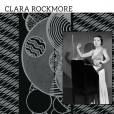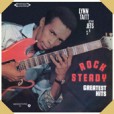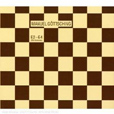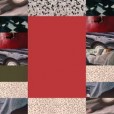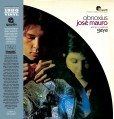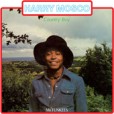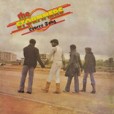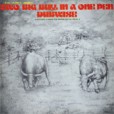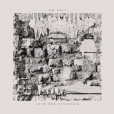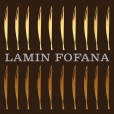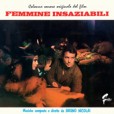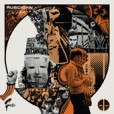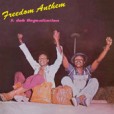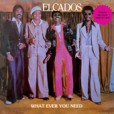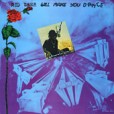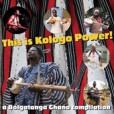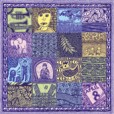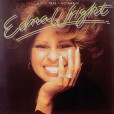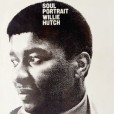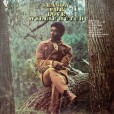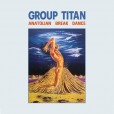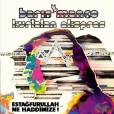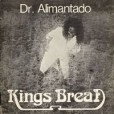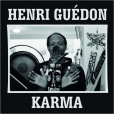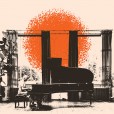Your basket is empty

The 35th Anniversary Edition of the Ash Ra guitarist’s early-eighties guitars-and-electronics breakthrough, with the original embossing to the cover.
A real game-changer: a momentous influence on Basic Channel, Carl Craig and so many others.
Perfect for zoning out.
It’s a must.
‘Amazing record,’ attests Floating Points. ‘One of my top five.’
JM’s mournful, melancholic singing creates a dark, brooding, atmosphere in stark contrast with the prevailing joyfulness and high-spirited rhythms of Brazilian pop at this time. The mood is foreboding but ecstatically hypnotic; the music complexly staggering. A lost masterpiece.
Secret weapon of Madlib, too.
Classic early-eighties Nigerian disco, fronted by Ronnie Pearl from Aktion and Jake Sollo from the Funkees.
Scintillating, alchemical kosmische; visionary, deep, and luminous; and beautifully sleeved, with gold foiling and silver ink.
Works In Metal fans out a set of acid treatments and finely sharpened blades — cutting, shaping, suspending form. Sounds are melted down and forged as if liquid metal.
The works are paired. Arc’s Blue Flame previews the smoking volatility at the album’s core. Echoes and resonance soften the dissonant, bright textures; all overlaid with Fofana’s signature, percussive kick drums. Welding drills into the discordant thrills and spills of metamorphosis. Sparks fly and the bittersweet arc of change unfolds.
Fofana discreetly folds in text, poetry, and field recordings, spooring their decomposition and recomposition with a prismatic point of view. The coupling Obscure Light (Decomposition) and Obscure Light (Recomposition) marks something new in his music. The pulse is brightly honed, cascading beyond the dancefloor, exultingly eluding musical genre.
Works in Metal is perhaps Fofana’s most narrative album. At its heart is the killer, extended Lure of the Fragment / So Another Sound Suggests Itself. Melodies circle in call-and-response patterns, balancing proximity and distance, signalling the inward gravity required to work with metal. A nested story-line, with birds flying in; an album within an album. Dredging up memories and associations, Fofana filters in selections from his sound-archives. Layered with synths, field recordings become instruments in their own right. The last three minutes proffer precious clarity — a memory, in miniature, flashed onto molten metal.
In 1943 Suzanne Césaire declared that ‘our surrealism will then supply them the leaven from their very depths. It will be time finally to transcend the sordid contemporary antinomies: Whites-Blacks, Europeans-Africans, civilized-savage: the powerful magic of the mahoulis will be recovered, drawn from the very wellsprings of life. Colonial idiocies will be purified by the welding arc’s blue flame. The mettle of our metal, our cutting edge of steel, our unique communions — all will be recovered’. Works in Metal is a tribute to her prophecy; its enactment, sculpted in sound.
Aka SJOB Movement, spun out of Sonny Okosuns’ set-up: Samuel ‘Spark’ Abiloye, Johnnie Woode Olimah, Ehima ‘Blackie’ Ottah and Prince Bolarinwa Agba.
Militant funk, deep and rootsy.
Initially the Moonrakers, formed in Kanu in 1968, by Steve Black, Rocky Mustapha, Tony Nosika and Frank Martins. This is their swansong, a decade later: irie Afro-disco.
This is lovely.
Brand new, rambunctious, rootsy, spiritual brass-band music from Lagos, with singing, drums and home-made percussion.
Obadikah is a group of old friends who play together in the Cherubim & Seraphim and Baptist churches of the Ikeja and Isale Eko districts. A couple of them were founder-members of the Eko Brass Band; they’ve played with pretty much all the key Nigerian reggae artists.
The tunes are mostly traditional Yoruban melodies, often sung at bed-time. The songs are mostly original, sung in Yoruba (though Jomido is an Egun song from the Badagry area of Lagos state).
Edna was a Honey Cone who sang with Holland-Dozier-Holland, and Ray Charles on Let’s Go Get Stoned. Her 1977 solo album is pure class — a luxuriant blend of ballads and dancers, supervised and brilliantly arranged by Greg Perry, her old man. De La Soul, Nas and Talib Kweli all drank from the fountain. Oops! itself is all-time rare-groove murder.
The second LP of the mainstay of modern Caribbean/Antilles music, released in 1975 on a small Parisian label, La Voix Du Globe. It maintains the pressure of his debut Cosmozouk Percussion, incorporating African, Latin and West Indies styles like Gwoka, Mazouk, Biguine, Bel-Air and Bomba, together with swirling cosmic synths and intense roots percussion. Bomb.
